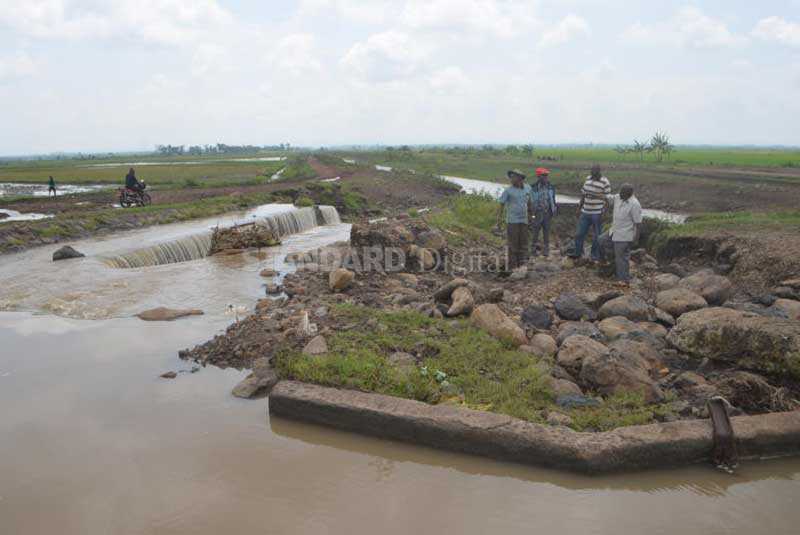×
The Standard e-Paper
Fearless, Trusted News

Heavy rains have caused extensive damage of canals that supply water to the Mwea Irrigation Scheme, and is also likely to cause delay in planting of the crop.
This is after the main canal from Nyamindi River, which supplies water to the larger section of the scheme, was washed away.